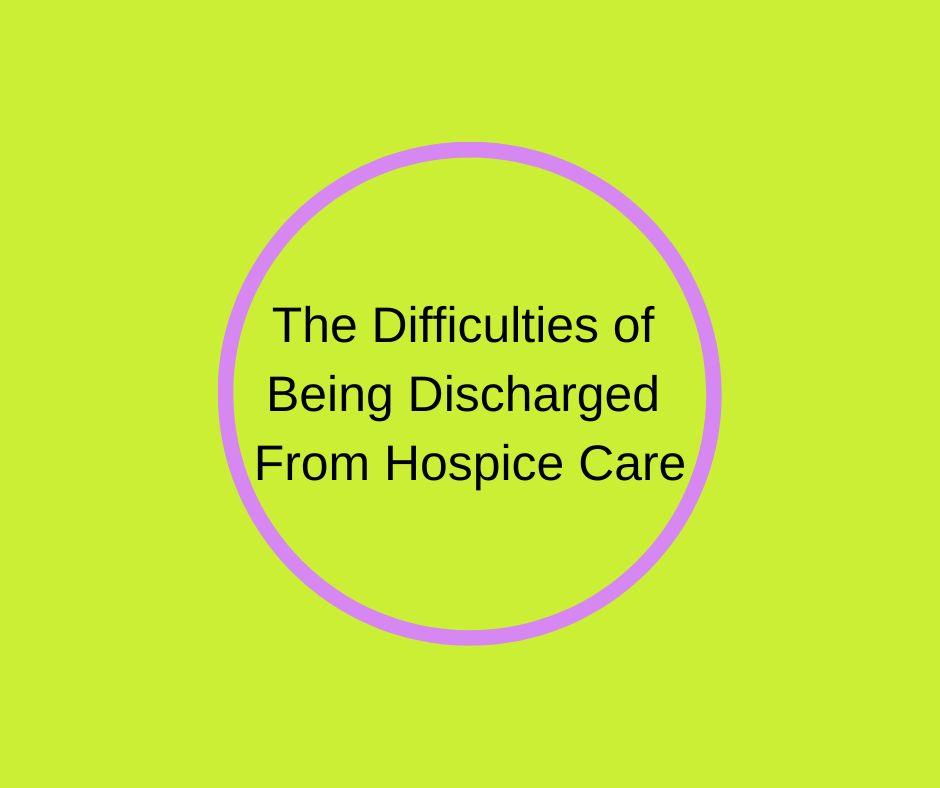The physician is frontline, the top of the pyramid in healthcare. All care follows from there. The physician can set the tone for the entire patient experience.
How do you set that tone to be a positive experience for the patient? Be honest, open, and direct. Talk at a fifth grade level, and not rushed. Combine this with gentleness and consideration for the information you are imparting.
Put aside the disease you are treating and look at the person who has the disease.
Have an assistant do the charting and computer tasks. Don’t let the computer be your focus. This meeting is about a person. A person who is scared, who needs comfort and compassion in addition to medical knowledge.
Do not use medical terminology. Speak at about a fifth-grade level. Look to assess if the patient is understanding what you are telling them. So often, the nodding of the head in affirmation does not mean they understand what you are telling them.
Sit, rather than stand, facing the patient. Make sure you are close enough to touch should the comfort of touch be needed for reassurance.
Always make eye contact and speak slowly. Appear as if you have all the time in the world; that this person is the only concern you have at this moment.
Here are three questions to close each appointment with:
*Do you understand everything we’ve talked about?
*Do you have any questions about what we’ve talked about?
*Do you have anything else you want to talk about or ask me?
I appreciate the changes in healthcare that have resulted from the loss of the family doctor that treated the entire family from birth to death. BUT as modern day physicians, I ask you to see first the person and family you are treating, and only then to get into medical mode to assess, diagnose, and treat. If curative treatment is not an option, as will be the case for all of us someday, then make a referral to palliative care and eventually to hospice… Do not leave your patient without end of life support.
Healthcare is about treating the whole person from before birth to eventual death. We are remiss when we stop because treatment is no longer productive.
Something more… about The Physician- Top of the Pyramid In Healthcare
Here is another blog about physicians: Telling Someone What They Don’t Want to Hear
If I were an oncologist, cardiologist, nephrologist... I would train my team on end of life, hospice and palliative care. Patients and families would benefit from a team who understood what patients who couldn't be fixed would be facing. I would have end of life materials to give to my patients who were approaching the end of their life. Patients that I was having a difficult time fixing. The materials would be part of my healing skills to guide them through their last breath.








5 comments
Cynthia-Val Chapman
Great blog. It just makes “stupid sense” that physicians would help prepare patients they cannot fix for the end of life… and train their staff to provide resources and support. For all their education and training, some physicians are as uncomfortable talking about end of life preparation as the patients in their care. Yours is a much-needed voice for empathy and compassion at this stage of life’s journey.
———
BK Books replied:
Cynthia, Unfortunately our medical model teaches, and then focuses on, the diseases that people have. I’d like to see them focus on people that have disease. Blessings! Barbara
Great blog. It just makes “stupid sense” that physicians would help prepare patients they cannot fix for the end of life… and train their staff to provide resources and support. For all their education and training, some physicians are as uncomfortable talking about end of life preparation as the patients in their care. Yours is a much-needed voice for empathy and compassion at this stage of life’s journey.
———
BK Books replied:
Cynthia, Unfortunately our medical model teaches, and then focuses on, the diseases that people have. I’d like to see them focus on people that have disease. Blessings! Barbara
Alisa Kage
I bow with gratitude to Barbara for creating a much needed position from which reality of our human life can be faced with grace, acceptance, compassion and loving kindness. How I wish all medical training takes this matter of facing reality with grace and seriously!
———
BK Books replied:
Alisa, thank you for your kind words. Blessings to you. Barbara
I bow with gratitude to Barbara for creating a much needed position from which reality of our human life can be faced with grace, acceptance, compassion and loving kindness. How I wish all medical training takes this matter of facing reality with grace and seriously!
———
BK Books replied:
Alisa, thank you for your kind words. Blessings to you. Barbara
Sally
Also applies to family members! Esp in cases of dementia related!
———
BK Books replied:
Hi Sally, Absolutely a physician’s interactions apply to family. as well as the patient. Blessings! Barbara
Also applies to family members! Esp in cases of dementia related!
———
BK Books replied:
Hi Sally, Absolutely a physician’s interactions apply to family. as well as the patient. Blessings! Barbara
Pat
I was a senior nurse when and worked in a cancer centre at the end of my career. You are right on about doctors leading the path of care in treatment. Sometimes families and doctors don’t look at patient outcomes in a realistic and compassionate way. Often the path leading towards death is filled with fear and fury. Hospice care is often the best prescription that can be given.
———
BK Books replied:
Hi Pat, I agree. We have a ways to go with physicians. Blessings to you in the work you are doing. Barbara
I was a senior nurse when and worked in a cancer centre at the end of my career. You are right on about doctors leading the path of care in treatment. Sometimes families and doctors don’t look at patient outcomes in a realistic and compassionate way. Often the path leading towards death is filled with fear and fury. Hospice care is often the best prescription that can be given.
———
BK Books replied:
Hi Pat, I agree. We have a ways to go with physicians. Blessings to you in the work you are doing. Barbara
Julie
I wish every physician in the US would read and consider this.
———
BK Books replied:
Julie, me too! Blessings! Barbara
I wish every physician in the US would read and consider this.
———
BK Books replied:
Julie, me too! Blessings! Barbara